No woman is safe till all women are
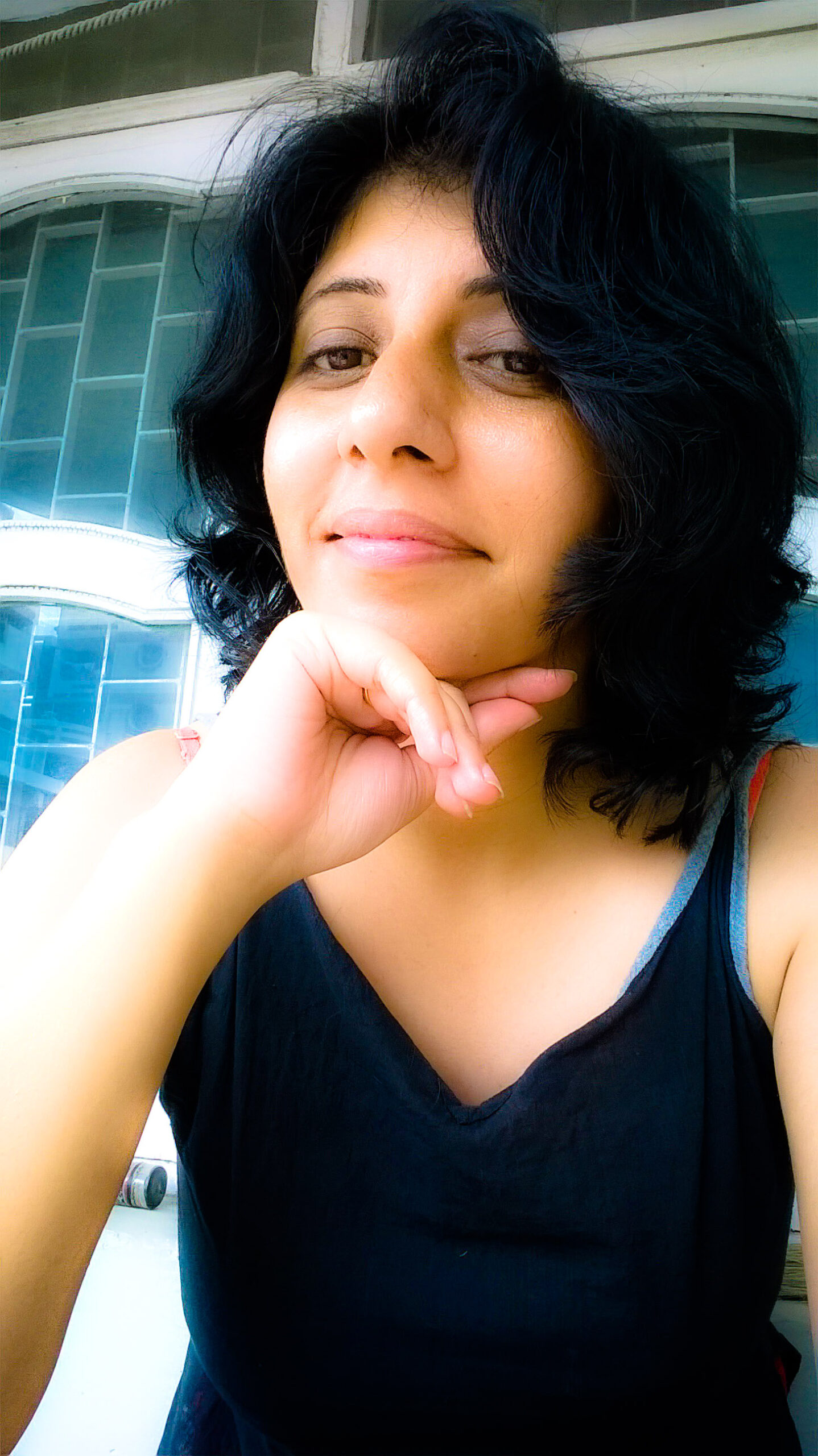
Living in India as one reads the news every day invariably, one gets exposed to the sexual violence epidemic. I have stopped subscribing to newspapers for this very reason. I don’t watch news channels except for specially curated programs. But since my work is on social media, I do get exposed to so much news about violence against women in India every day.
Over the last decade or so, it has begun to affect me even more adversely as I became a parent, and now for the last few years a single parent. I deliberately use the word PARENT and leave the word ‘mother’ out. That’s because I believe that in India, that word in itself comes with its cultural burden to be “always strong” and always available for the child, which is not often the case.
Sexual violence and abuse are the elephant in the room; Indian families still do not talk about. If it happens in homes and families, we often choose to brush it under the carpet, believing the elephant will do the disappearing act on its own.
As a student activist back in my college days, I always believed that I could change the world. Every script I wrote for the street plays-I often performed with my girls-only team made a difference towards gender awareness or some other form of knowledge. Now in the 4th decade of my life, that idealism has faded somewhat, and I see that nothing much has changed except for more girls getting a formal education, though mindset remains as rigid and as primitive as it was towards women back then.
Mental health and sexual violence
It is a well-established fact in mental health research that those women and children who undergo any kind of sexual abuse or violence in their lives do face mental health-related challenges also as an outcome. Sometimes these like PTSD (Post-traumatic stress disorder), anxiety, and depression even last them a lifetime.
Sexual assault does leave deep trauma for the survivor/victim and those closely related to her. Still, when sexual violence is so rampant as it is in India, currently, it begins to affect the mental health of even those women who are not directly facing violence but do recognize gender discrimination around them.
Research, based in Australia, indicates that sexual violence has a direct impact on survivors more so if the perpetrators are known to the victim/survivor.
“….significant associations between rape/sexual assault and poor mental health, and between coercion and/or reproductive control and higher PTSD and anxiety scores, compared to women with no SV experiences. SV perpetrated by an intimate partner was associated with significantly higher mean PTSD scores than SV perpetrated by a stranger, and significantly higher depression scores than SV perpetrated by another known person.”
Sexual violence in India
The last few years in India ever since the famous Nirbhaya case in 2012, there seemed to be some social awareness and change happening as far as women’s safety and sexual violence in India were concerned, but sadly nothing much changed.
The latest statistics suggest that 90 rapes happen in India every day, in addition to that think of the number of other kinds of sexual assaults and sexual abuse, most of which often even never get reported hence never counted.
So imagine the stress women like me feel every single day as we move about in public spaces, work, and home, the vulnerability to a sexual crime is so high. This anxiety gets further accelerated as a parent as so many similar crimes have been reported to have happened inside educational institutions and not just in remote villages but reputed schools in metros with CCTVs and security systems in place.
It is a proven fact now that sexual violence, not just influences individual survivors and their closest relationships, but rampant sexual violence impacts larger communities and society at large.
Women constantly live with social anxiety and their guards up, which often leads to physical and mental health issues. As a psychological first aid provider, I also often get to hear other women’s stories and experiences about sexual violence/abuse or the fear of it. All public places- educational institutions, neighborhoods, workplaces, and cultural and/or religious communities often experience one or all of following complex emotions like fear, anger, or disbelief when sexual violence happens in proximity.
Globally 1 out of 3 women are directly affected by sexual violence, and often it is used as a tool to spread fear and assert control hence affecting the other two women in that equation too.
Along with anxiety, there is hopelessness that seeps in. If nothing has changed for the better in the four decades of my life so far, will it ever change?
A grim future?
And if it doesn’t, does it mean my daughter and all other girls in the future have to keep living under this cloud of fear and shame regarding sexual crimes? And god forbid if they fall prey to one also be ready to be either symbolized as a Nirbhaya or Disha and also be victim-blamed?
Laws have changed, there is increased chatter about sexual violence online, but the mindset in families and homes is still not improving. This everyday misogyny and sexism around me add to my depression and hopelessness. I am also appalled at how rape is treated as a moral issue and not an issue of violence, which it actually is. The words and sexist terminology with over and undertones of humiliation, outrage, honor, modesty, chastity, or morality is used in rape cases. The re-victimization of the victims/survivors through disbelieving, insensitive police and other law enforcement agencies, cumbersome and almost never-ending legal procedures have shaken my faith is not just my republic, my democracy but also in the humanity around me.
Indira Gandhi had once famously said no woman is safe till every woman is. I often think of this and empathize with all those women and girls who are most vulnerable, even amongst all of us who are all vulnerable in this regard.
Featured Image Credits: Sri Harsha Dantuluri


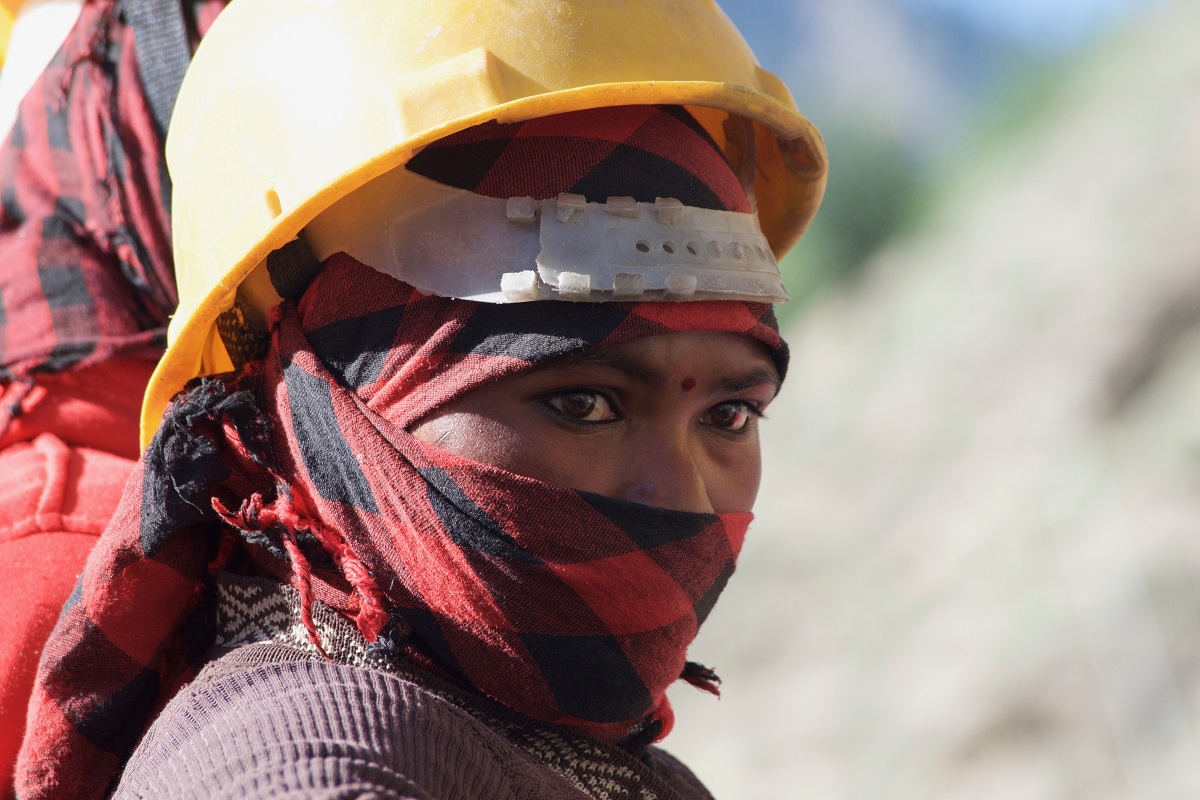

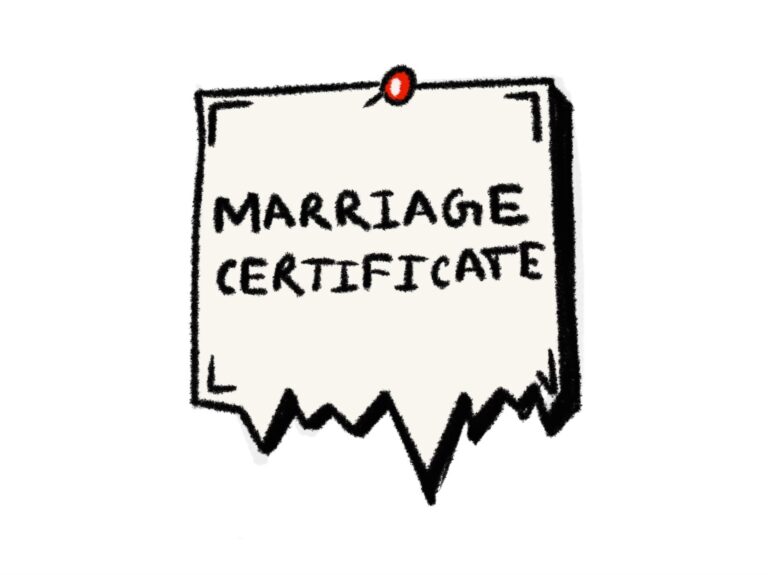
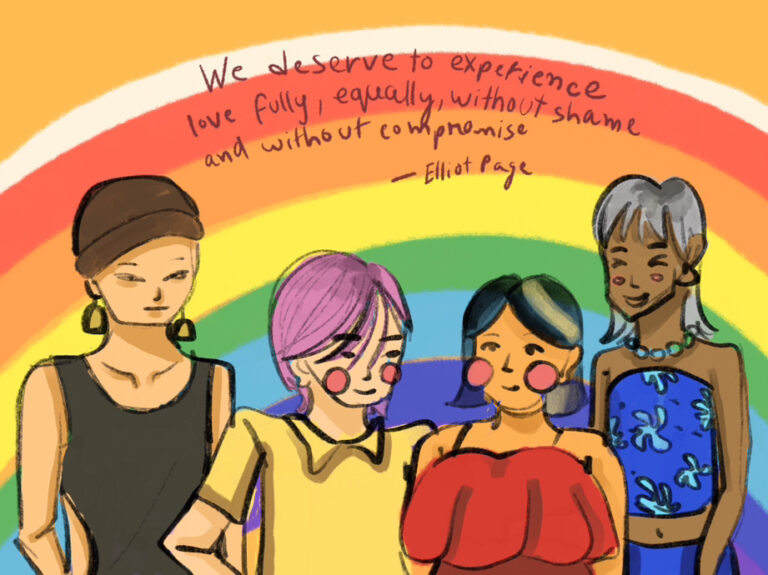
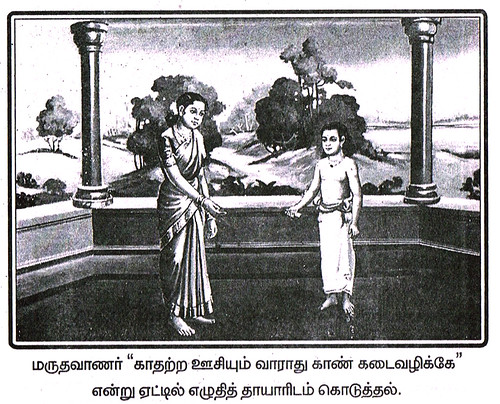
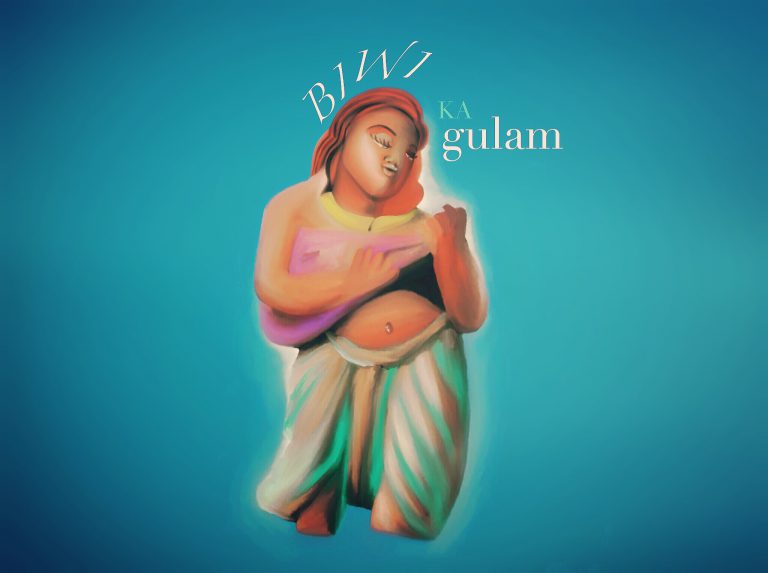
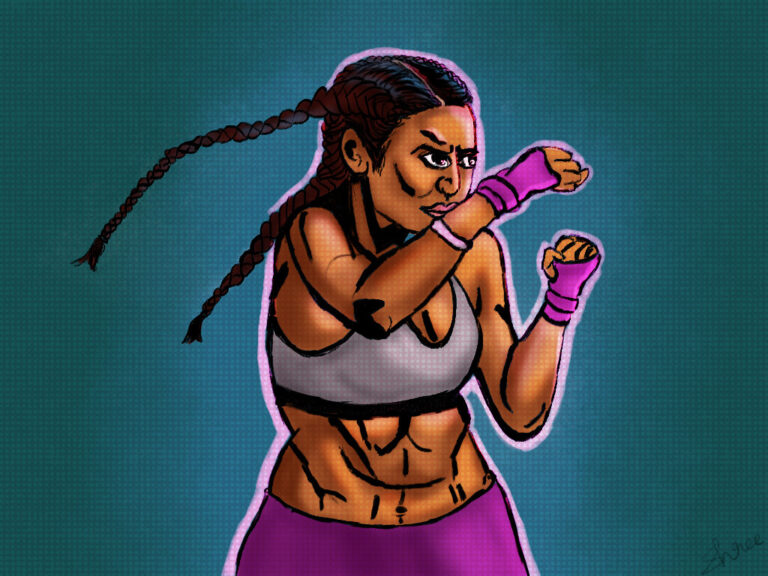
Readers' Reviews (3 replies)